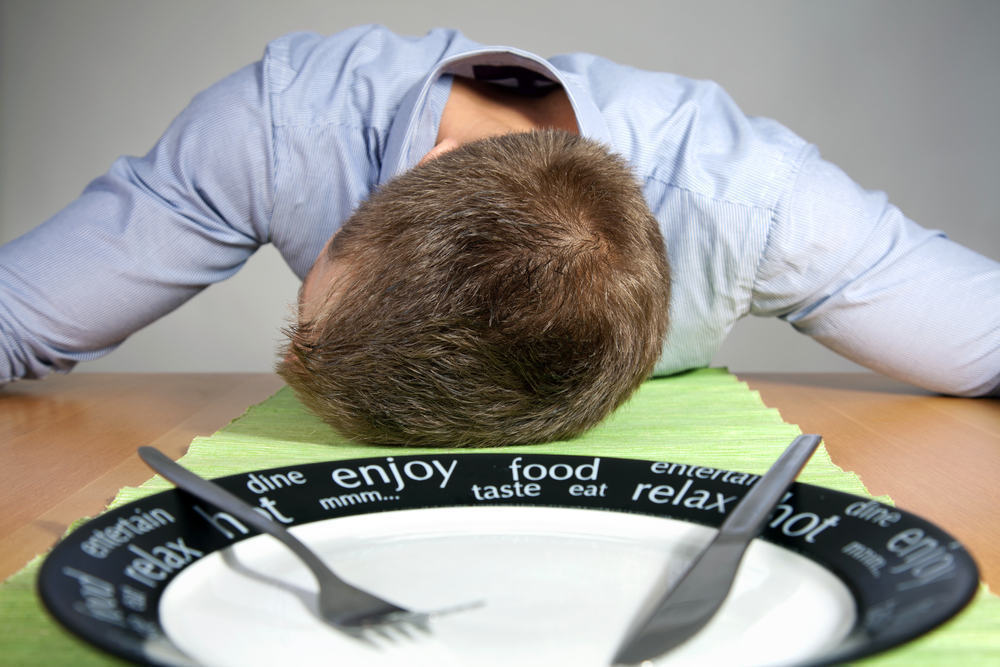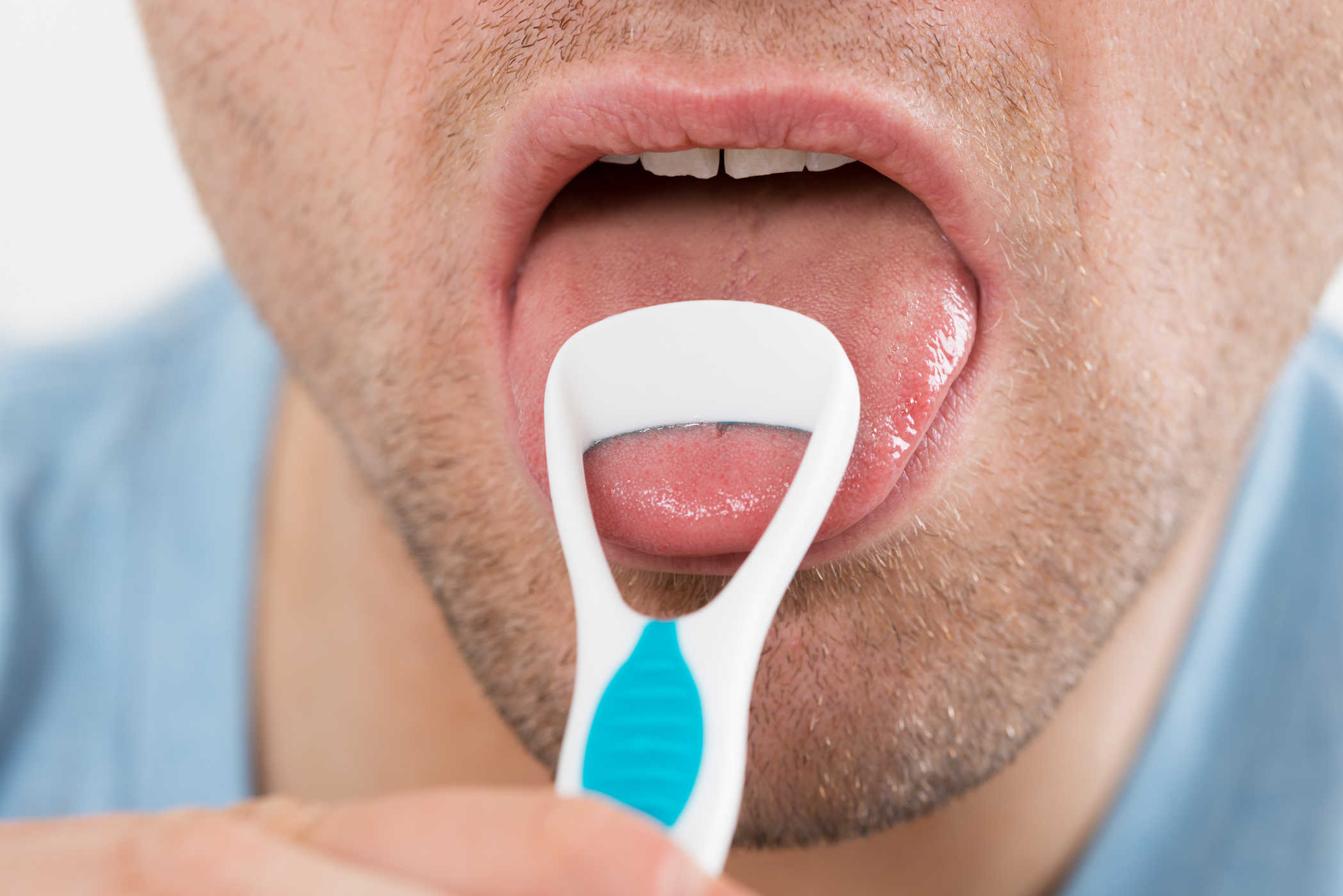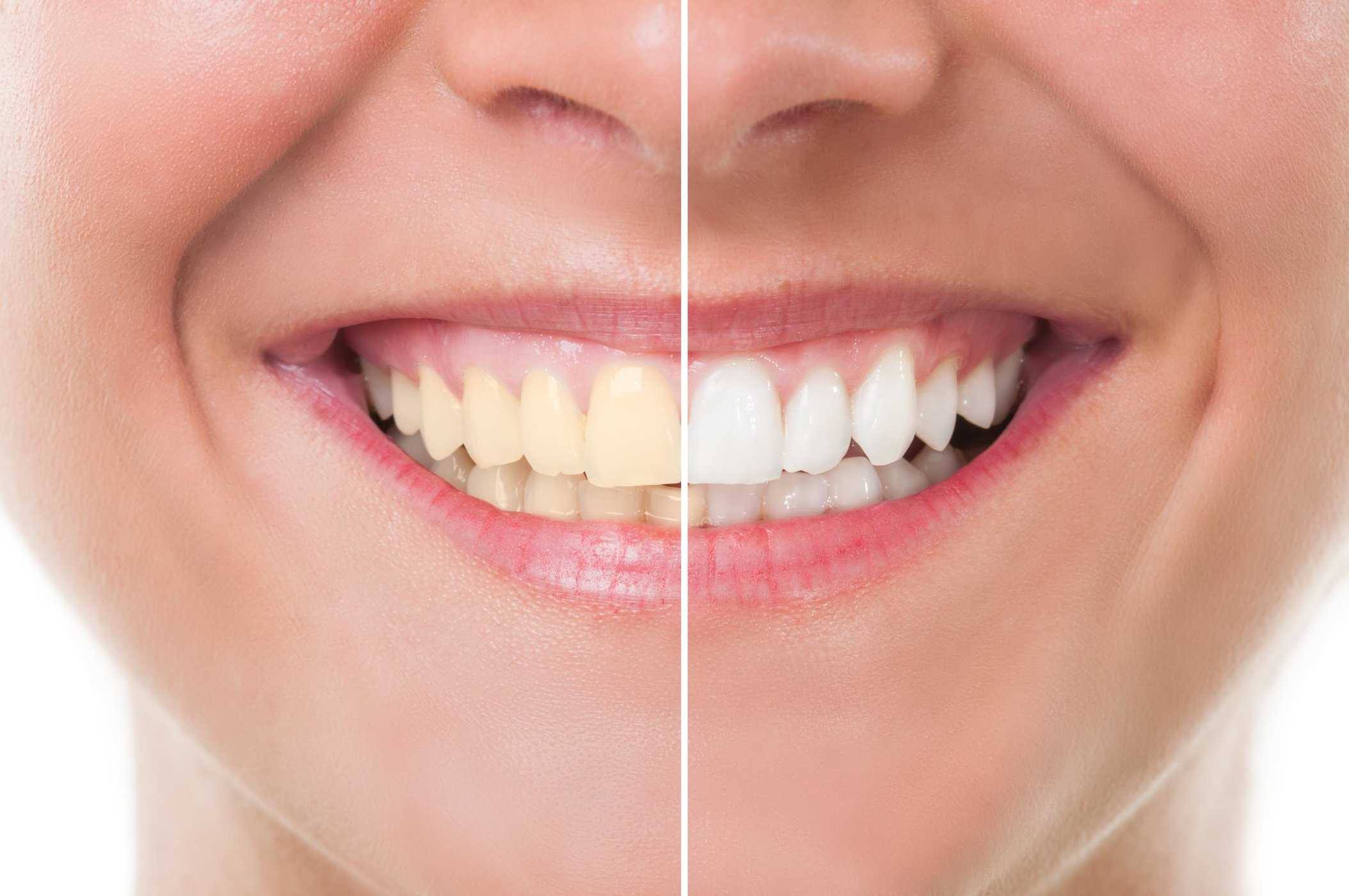Contents:
- Medical Video: Kitne Din Biwi Se Door Rehne Par Shohar Ka Usse Nikah Khatam Hojata Hai By Adv. Faiz Syed
- You can't go to bed immediately after eating
- Negative effects go straight to sleep after dawn
- 1. Hoarding body fat
- 2. Heartburn
- 3. Gastroesophageal Reflux Disease (GERD) or gastric acid reflux
- 4. Diarrhea or constipation
- 5. Stroke
- Instead of sleeping, spend time doing useful activities
Medical Video: Kitne Din Biwi Se Door Rehne Par Shohar Ka Usse Nikah Khatam Hojata Hai By Adv. Faiz Syed
Fasting begins with sahur so that you can resist hunger and thirst until the Maghrib call to prayer reverberates. However, having to wake up early in the morning, many people choose to go straight to bed after dawn so they don't get sleepy while on the move all day.
Unfortunately, many also don't realize how dangerous this habit is. Sleeping immediately after eating can have a negative impact on the health of the body in the long run.What are the negative effects? Let's follow the explanation below.
You can't go to bed immediately after eating
After the food enters the stomach, the stomach will digest it into the essence of food which is then absorbed by the body to become energy. Our digestive system needs at least 2 hours to process food until it becomes a food essence.
This digestive process requires a small amount of blood supply. So actually we are not recommended for heavy activity after eating which requires a lot of blood supply as well, for example exercising.
But this is not a reason for you to go straight to bed. During your sleep, almost all body functions are temporarily turned off except for the work of the heart, brain and lungs. So, sleeping after eating will not give enough time for the digestive system to work to break down food. Finally, the food is buried in vain in the stomach.
Negative effects go straight to sleep after dawn
1. Hoarding body fat
One study reported that the habit of going straight to sleep after dawn is done by descendantsobese families can increase the risk of obesity (obesity) to double.
This is because the food that enters the stomach is not directly digested by the stomach when you fall asleep. The calories from these foods will actually be stored as fat. Especially if your Sahur food is high in carbohydrates, fat, and all fried.
Jeremy Barnes, professor from Southeast Missouri State University, explained that as long as we sleep, the brain actually stimulates the stomach to increase the levels of the hormone grehlin which makes us feel more hungry when we wake up.
2. Heartburn
Those of you who have heartburn should avoid sleeping habits after dawn. Sleeping after eating makes your digestive system difficult to digest the food that enters. This will cause problems in your digestive system, one of which is increased stomach acid.
If the food is not properly digested, the stomach will automatically increase the production of stomach acid to speed up the process. When you sleep, gravity will loosen the stomach valve, causing stomach acid to flow back into the esophagus in the stomach.
Gastric acid can erode the lining of the esophagus and cause sores in the esophagus. This can cause heartburn, heartburn and a burning sensation like burning in the chest to the throat.
3. Gastroesophageal Reflux Disease (GERD) or gastric acid reflux
When the amount of stomach acid produced is too much and happens continuously, the stomach acid problem rises (heartburn) can develop into GERD) gastroesophageal reflux disease) or gastric acid reflux.
GERD is a continuation of rising stomach acid which often occurs at least more than twice per week. GERD occurs because the separating valve between the stomach and the throat does not close completely, allowing stomach acid to flow back into the esophagus. Gastric acid can hurt the throat, also causes various other symptoms such as:
- Hot like burning in the pit of the stomach.
- Food feels rising into the esophagus.
- Acid on the back of the mouth.
- Bitter mouth.
- Nausea.
- Gag.
- Bloated.
- Difficulty swallowing.
- Burp.
- Cough.
- Hoarseness.
- Wheezing.
- Chest pain, especially when lying down.
4. Diarrhea or constipation
Normally, two hours after food is digested the stomach will be empty. The remaining food will move to the intestine to be compacted into feces. However, sleeping after eating will slow down the digestive process so that the food will be too "silent" in the stomach for too long.
Food deposits in the stomach that don't get digested can cause digestive disorders such as diarrhea or constipation, depending on what food enters our stomach.
5. Stroke
Sleeping after eating makes your digestive system difficult to digest food. This means that the stomach needs more blood intake to facilitate its work.
In fact, the brain also still needs stable blood intake even though we are asleep. This concentrated blood supply to the stomach makes the brain lack oxygen. In the long run, if this habit continues, the brain can experience a stroke.
Another theory says that the risk of stroke due to direct sleep after eating is associated with an increase in stomach acid that causes sleep apnea, which then triggers a stroke. In addition, after eating there will be changes in blood sugar levels, cholesterol levels and blood pressure which may have an impact on the risk of stroke.
The type of stroke that is associated with sleep habits after eating is an ischemic stroke that occurs due to blockages in the brain's blood vessels.
Instead of sleeping, spend time doing useful activities
The danger of sleeping after dawn cannot be underestimated.So, don't make this a habit that can harm your health.
It's better to do useful things after eating sahur, such as reciting, reading, and dhikr. Come on, keep your body healthy during this holy month!













